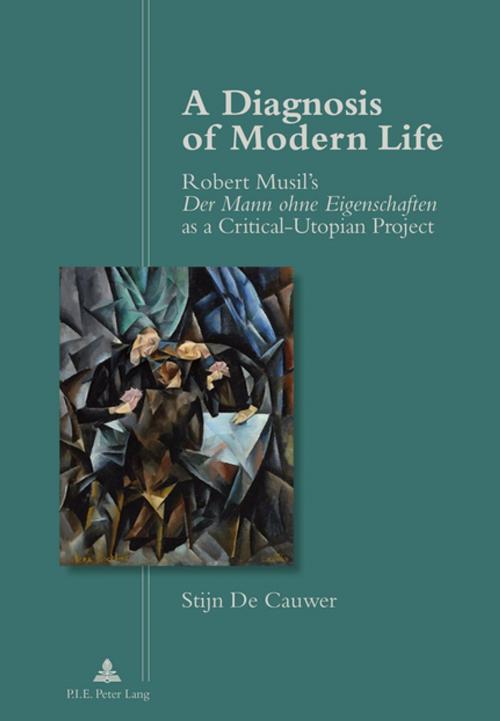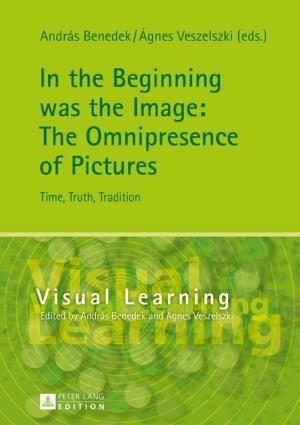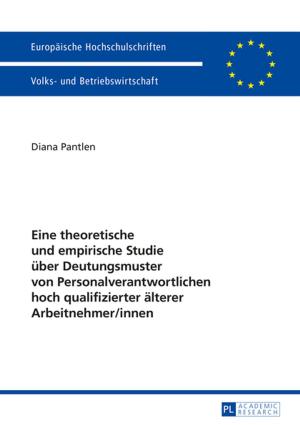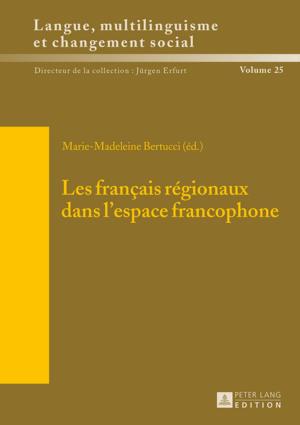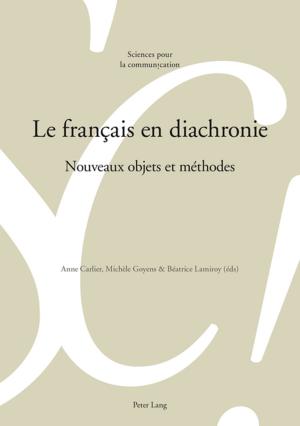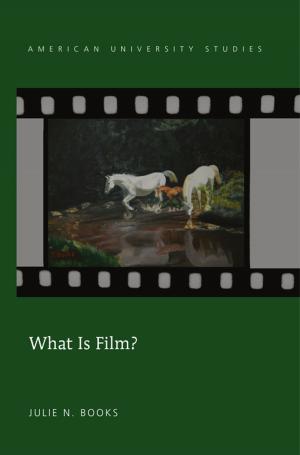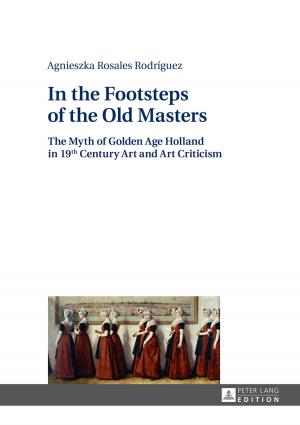A Diagnosis of Modern Life
Robert Musils "Der Mann ohne Eigenschaften "as a Critical-Utopian Project
Fiction & Literature, Literary Theory & Criticism, European, German, Theory, Nonfiction, Religion & Spirituality, Philosophy| Author: | Stijn De Cauwer | ISBN: | 9783035296075 |
| Publisher: | Peter Lang | Publication: | July 15, 2014 |
| Imprint: | Peter Lang AG, Internationaler Verlag der Wissenschaften | Language: | English |
| Author: | Stijn De Cauwer |
| ISBN: | 9783035296075 |
| Publisher: | Peter Lang |
| Publication: | July 15, 2014 |
| Imprint: | Peter Lang AG, Internationaler Verlag der Wissenschaften |
| Language: | English |
Robert Musil’s Der Mann ohne Eigenschaften is not only a towering masterpiece of German literature but also an impressively rich and razor-sharp assessment of life in the beginning of the twentieth century. Musil can be regarded as one of the most original and hard-hitting cultural critics of his time. This book explores in detail the cultural critique at work in Der Mann ohne Eigenschaften. Firstly, the place of morality and ideology in Musil’s critique is explained and how his writings function as an ideology critique. Secondly, the question of Musil’s utopianism is clarified. His utopianism is not a future or ideal place but an increased awareness of the possibilities in the present, opened up by the process of critique. Thirdly, the function of the ‘pathological’ in Der Mann ohne Eigenschaften is analyzed. Musil’s novel was meant to be an intervention into a condition which he compared to a pathological affliction. Finally, this book takes up the difficult question of whether Musil’s analysis and original ideas still have relevance today.
Robert Musil’s Der Mann ohne Eigenschaften is not only a towering masterpiece of German literature but also an impressively rich and razor-sharp assessment of life in the beginning of the twentieth century. Musil can be regarded as one of the most original and hard-hitting cultural critics of his time. This book explores in detail the cultural critique at work in Der Mann ohne Eigenschaften. Firstly, the place of morality and ideology in Musil’s critique is explained and how his writings function as an ideology critique. Secondly, the question of Musil’s utopianism is clarified. His utopianism is not a future or ideal place but an increased awareness of the possibilities in the present, opened up by the process of critique. Thirdly, the function of the ‘pathological’ in Der Mann ohne Eigenschaften is analyzed. Musil’s novel was meant to be an intervention into a condition which he compared to a pathological affliction. Finally, this book takes up the difficult question of whether Musil’s analysis and original ideas still have relevance today.
